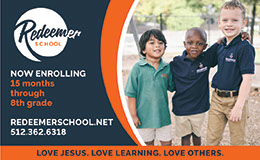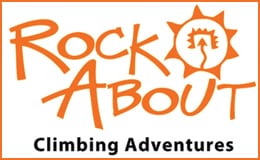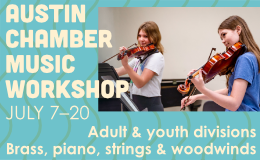On November 8, voters will cast their ballots to decide who will be our next president. It’s a big moment for the nation and a great opportunity to share a bit of history with your child, as we all witness our democracy in action. Even so, with the intensity that has characterized this presidential race, you may find it challenging to answer questions or provide context for ideas your child has gathered from friends, news sources or social media. Or you may be wondering how to explain difficult issues or extreme rhetoric. While much depends on the specifics of your child’s age, curiosity level and sensitivity, here are some ways to approach the subject of politics with your child that can help him or her build a positive and productive outlook on this important aspect of modern life.
Connect Politics to Everyday Life
The word “politics” has roots in ancient Greek ideas of governance and refers to cities or communities and decisions affecting those who live in them. You can help your child appreciate why politics matter by pointing out decisions made through political processes that have an impact on him or her. Does your family see construction occurring on roads, at parks or in schools in your neighborhood? Chances are, elected officials have helped create and approve these projects, funded directly by tax dollars or through bond elections, which makes them great examples of what politics means to you. School district requirements, tax policies, traffic laws and regulations over prescription drugs and healthcare services are just a few more examples of ways in which politics can hit home.
Actions taken by elected representatives and other government officials generally have supporters and opponents. As you discuss examples of how political decisions have affected or could affect your family, take the opportunity to explore their costs and benefits as well as their associated “winners and losers.”
Cultivate Curiosity and Facilitate Learning
Sharing your thoughts on political matters at home can de-mystify them and allow for your child’s gradual engagement over time. It also allows you to steer discussions towards topics you care about and consider appropriate for your child. Discuss selected current events at the dinner table. Read articles together and listen to news coverage you trust when you drive. News sources like Time for Kids, HTE Kids News and Scholastic News Kids Press Corps provide kid-friendly options. When you vote, share your thinking on the choices you make. Ask your child how he or she would have voted and why.
When discussion leads to questions you can’t answer, researching facts and concepts with your child sets a great example for life-long learning. The Internet has endless resources that can help you there, but two great sites—kids.usa.gov and gws.ala.org (Great Websites for Kids)—are places to start. An interactive site—icivics.org—lets kids try on different roles in civic life. Votesmart.org provides information on elections.
Online sources and news programs aside, there are dozens of books your child can enjoy about famous political figures, events and processes. Here are just a few my local youth librarian shared with me:
One Vote, Two Votes, I Vote, You Vote by Bonnie Worth
Lillian’s Right to Vote by Jonah Winter
John, Paul, George & Ben by Lane Smith
Presidential Elections and Other Cool Facts by Syl Sobel
Madam President by Catherine Thimmesh
Americapedia by Jodi Lynn Anderson
Kid President’s Guide to Being Awesome by Brad Montague
Find a Project or Cause
Encouraging kids to get involved in solving a problem they think is important is one way to make the political process more concrete and meaningful. Check out your school, YMCA or youth groups in your community for specific leadership or community-oriented programs your child might enjoy. Such experiences allow young people to bond with others around common goals and to see for themselves how group decision-making works.
One local program called “Speak Up! Speak Out!,” aims to empower kids to be catalysts of change in their own communities and teaches them strategies for effective communication and discourse. The program, run by UT’s Annette Strauss Institute for Civic Life, has worked with thousands of middle and high school students since 2005, in the hopes that this type of early civic engagement will fuel greater democratic participation later in life.
“Our democracy depends on citizens to be informed and engaged participants,” says Susan Nold, the institute’s director. “Without it, the system is not sustainable.”
Margaret Nicklas is an Austin-based freelance journalist, writer and mom who covers public affairs, public health and the well-being of children.

















